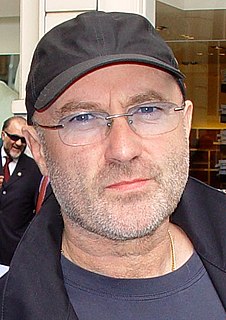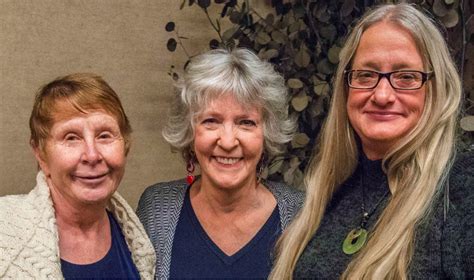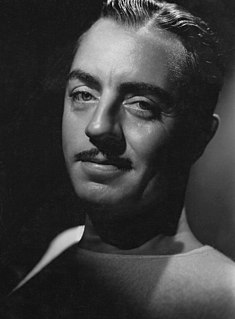A Quote by Victor Hugo
The author creates a book and the people accept or not accept it. The creator of a book is an author and the creator of it`s fate are people.
Related Quotes
No one really knows the value of book tours. Whether or not they're good ideas, or if they improve book sales. I happen to think the author is the last person you'd want to talk to about a book. They hate it by that point; they've already moved on to a new lover. Besides, the author never knows what the book is about anyway.
For Calvin, the creation reflects its Creator at every point. Image after images flashed in front of our eyes, as Calvin attempts to convey the multiplicity of ways in which the creation witnesses to its Creator: it is like a visible garment, which the invisible God dons in order to make himself known; it is like a book in which the name on the Creator is written as its author; it is like a theater, in which the glory of God is publicly displayed; it is like a mirror, in which the works and wisdom of God are reflected.
Whether the author intended a symbolic resonance to exist in her book is irrelevant. All that matters is whether it's there. Because the book does not exist for the benefit of the author, the book exists for the benefit of YOU. If we as readers can have a bigger and richer experience with the world as a result of reading a symbol and that symbol wasn't intended by the author, WE STILL WIN.
Authors have a greater right than any copyright, though it is generally unacknowledged or disregarded. They have a right to the reader's civility. There are favorable hours for reading a book, as for writing it, and to these the author has a claim. Yet many people think that when they buy a book they buy with it the right to abuse the author.
Frequently, an author gets "orphaned" at a publisher. What this means is that an editor buys their book, then ends up getting fired, promoted, or transferred to a different job somewhere else. It sucks for the author because suddenly the person who liked your book enough to buy it isn't around to help you edit and promote it.





































